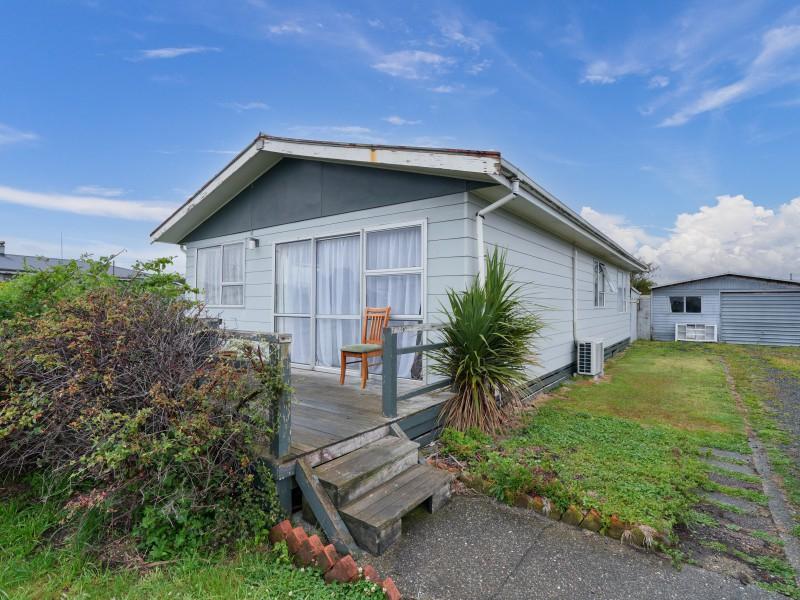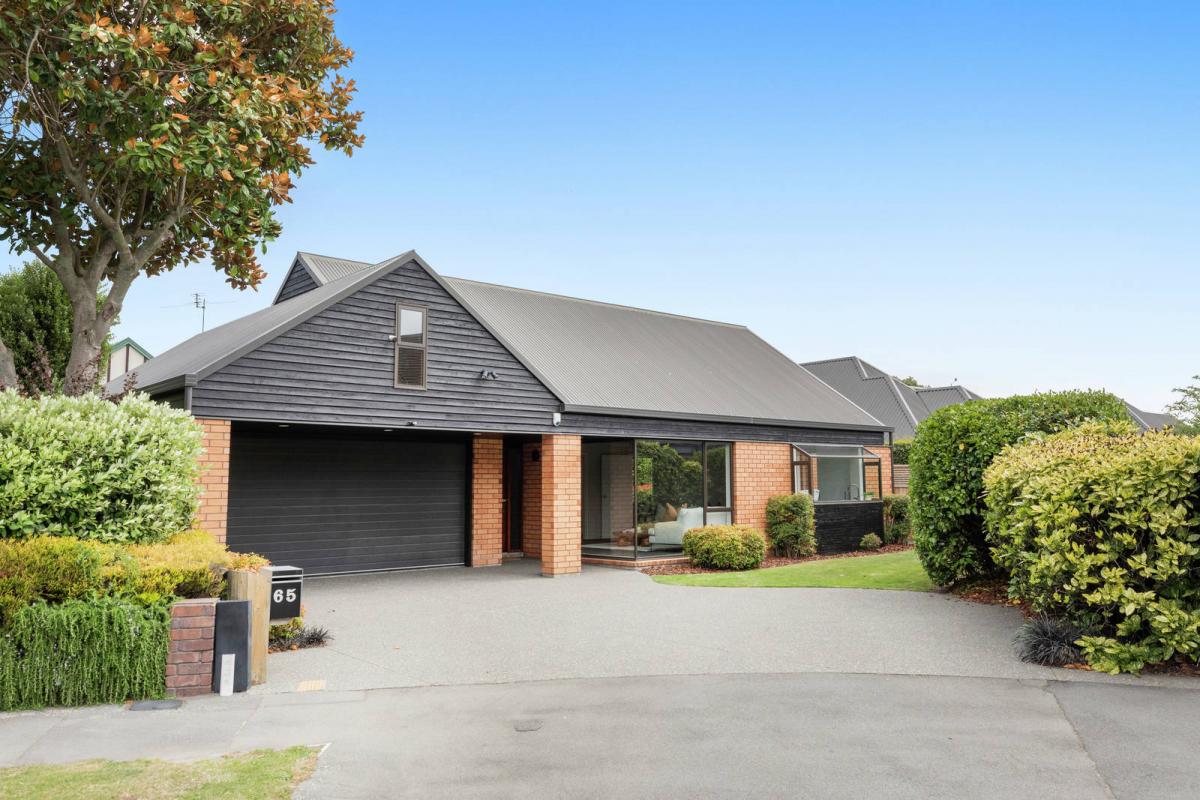Regional council ECan proposes hefty rate rises
By reporter Keiller MacDuff:
Environment Canterbury (ECan) floated one of the largest proposed average rates rises in the country on Wednesday - more than 24% - a day after the Christchurch City Council adopted a draft proposal for a 13% rates rise.
Councils nationwide are proposing significant rises as interest rates bite and increasing severe weather calls for more resilience work.
ECan councillors voted 14:2 to adopt the consultation document for its long-term plan (LTP), which outlines the council's activities, services and finances for the next decade, with councillors Clair McKay and Deon Swiggs voting against the recommendation.
The plan will see ECan spend more than $340 million in the first year, a 26% increase on the $270m programme carried out in 2023-24.
The draft says the council gave “strong consideration“ to the financial pressures the community is facing, but previous decisions on flood management and public transport combined with high inflation meant just maintaining current work required a double digit increase.
The actual rating impact will differ depending on location and targeted rates, meaning the increase will be between 13% and 27%.
If the regional council’s preferred options are adopted, a Christchurch city ratepayer with a $820,000 property would pay $750 in the first year of the plan, while a $1.9m rural property in Hurunui faced a $1030 rates bill for 2024-25, and a $4.76m rural Ashburton property would pay $2681 in rates.
Of ECan's three core services - environmental regulation and protection, hazard preparedness and response, and public transport - the latter has the biggest cost.
The council’s preferred public transport option has a $160m price tag for the first year (a total of $542m over three years) and would see the Public Transport Futures programme improvements delivered within seven years, including upping core bus routes to ten minute frequencies or better by 2028, with average wait times of five minutes.
It also includes:
- More direct services to parts of Waimakariri and Selwyn, starting in 2026-27.
- A review of connector and local services by mid-2026, with improvements implemented by 2031.
- An additional Diamond Harbour ferry and refurbishment of the existing ferry.
- Improvements to the network, such as increasing capacity on crowded buses and small tweaks to routes or frequency
- Enhanced safety improvements, increased investment in reliability and the continued replacement of end-of-life diesel buses with new electric buses.
The option also includes funding to “explore opportunities” to improve transport to and from Te Kaha, on demand services in Greater Christchurch, and - long term - looking at asset ownership.
The document notes the region has “historically under-invested in public transport,” leading to low usage, and proposes “considerable investment.” But both the regional council and the auditor, whose report was also tabled, drew attention to the “high level of uncertainty” surrounding the government’s contribution.
The council’s preferred option for environmental regulation and protection would cost $135m for the LTP’s first year, and could sit alongside a targeted rate for additional biodiversity work in Christchurch and Banks Peninsula.
The separate biodiversity rate works out at 72 cents per $100,000 capital value of rateable properties.
ECan’s preferred option for community preparedness and hazard response - $50.5m - includes a targeted rate for Selwyn residents for district-wide flood and river resilience work.
The targeted rate would cost $7.08 per rate paying property in the first year, $10.62 in the second year, and $14.16 in the third year, raising $400,000 in 2026-27.
Most councillors expressed misgivings about the scale of the proposed rise, but backed the document through the consultation process.
McKay accused her fellow councillors of being “tone deaf”, and asked what right the council had “to treat our ratepayers as an ATM machine?”
She criticised the amount of borrowing and said she was “embarrassed to be associated” with the amount council sought.
Swiggs also expressed misgivings about debt funding, and criticised the local government funding model in general.
“Imagine if Wellington had to budget the way we have to,” Swiggs said, commenting on the discrepency in tax take between central and local government,.
On Tuesday, the Christchurch City Council voted 13 to 4 in favour of a draft long-term plan that proposes an average rates increase of 13.24% from June, followed by 7.76% in the following financial year, and 4.67% the year after.
Consultation on ECan’s draft LTP will run from mid-March to mid-April, with hearings scheduled for the end of April and early May. The council is scheduled to deliberate at the end of May with a view to adopt the plan and set rates in late June.
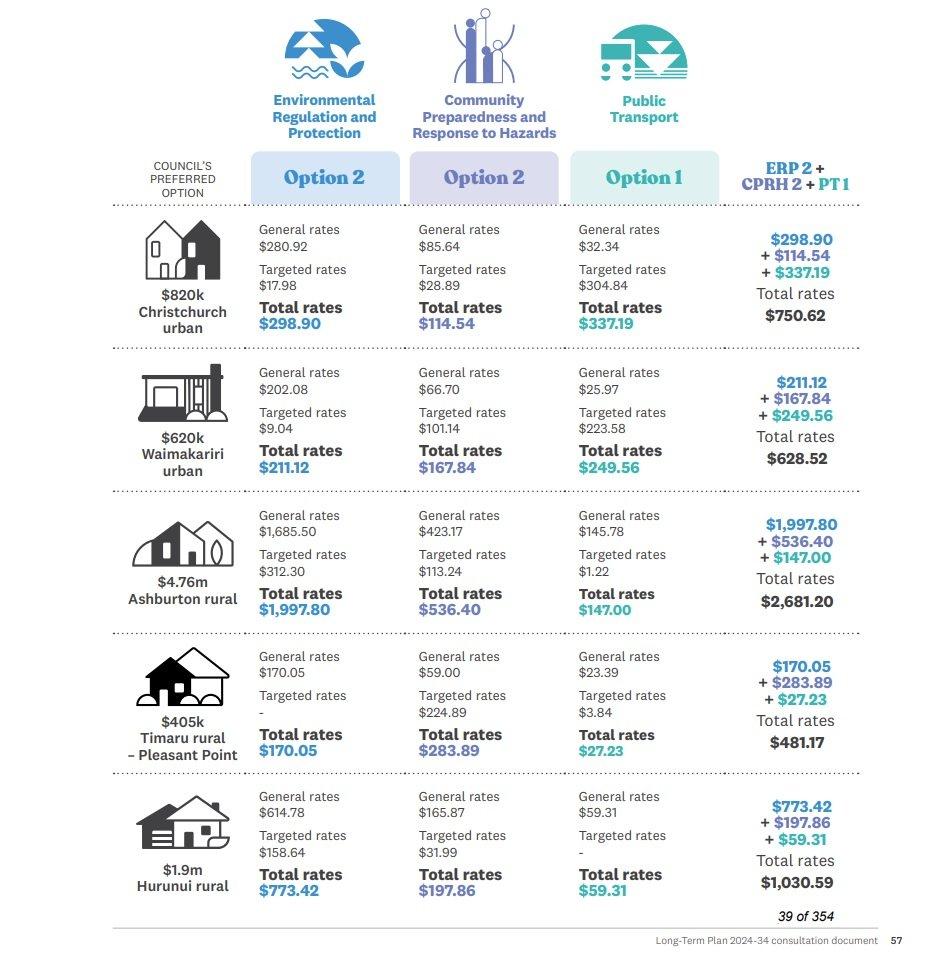
Poll: If we want to reduce speeding, what do you think actually changes driver behaviour? 🛻🚨🚓
In the Post's article on speeding penalties, the question is asked whether speeding fines are truly about road safety, or are they just a way to boost revenue for the Crown?
What do you think? Should speeding motorists receive speeding fines or demerit points?

-
37.2% The sting of a fine (Money talks!)
-
62.8% The threat of demerit points (Nobody wants to lose their license!)
Some Choice News!
DOC is rolling out a new tool to help figure out what to tackle first when it comes to protecting our threatened species and the things putting them at risk.
Why does this matter? As Nikki Macdonald from The Post points out, we’re a country with around 4,400 threatened species. With limited time and funding, conservation has always meant making tough calls about what gets attention first.
For the first time, DOC has put real numbers around what it would take to do everything needed to properly safeguard our unique natural environment. The new BioInvest tool shows the scale of the challenge: 310,177 actions across 28,007 sites.
Now that we can see the full picture, it brings the big question into focus: how much do we, as Kiwis, truly value protecting nature — and what are we prepared to invest to make it happen?
We hope this brings a smile!

Get up to $30,000 back* with your new home
Sign up to an independent apartment or townhouse at a participating Ryman village by 31 March 2026 and receive a $30,000 credit on settlement or sign up to a serviced apartment and receive a $10,000 credit on settlement*.
Imagine a new smart TV, your next getaway or furniture for your new home. With more money staying in your pocket, it’s yours to spend!
Discover the lifestyle that awaits.
*Participating villages only, Terms and conditions apply.

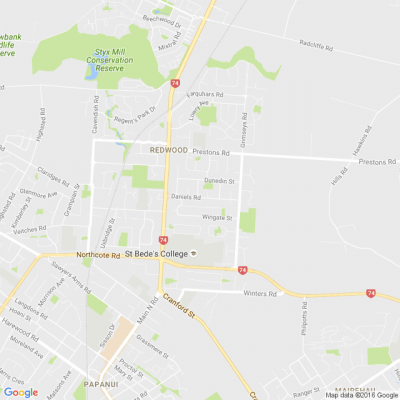
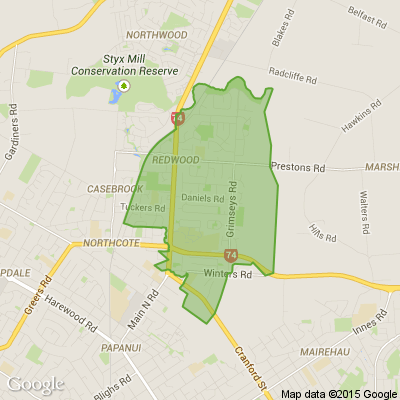




 Loading…
Loading…